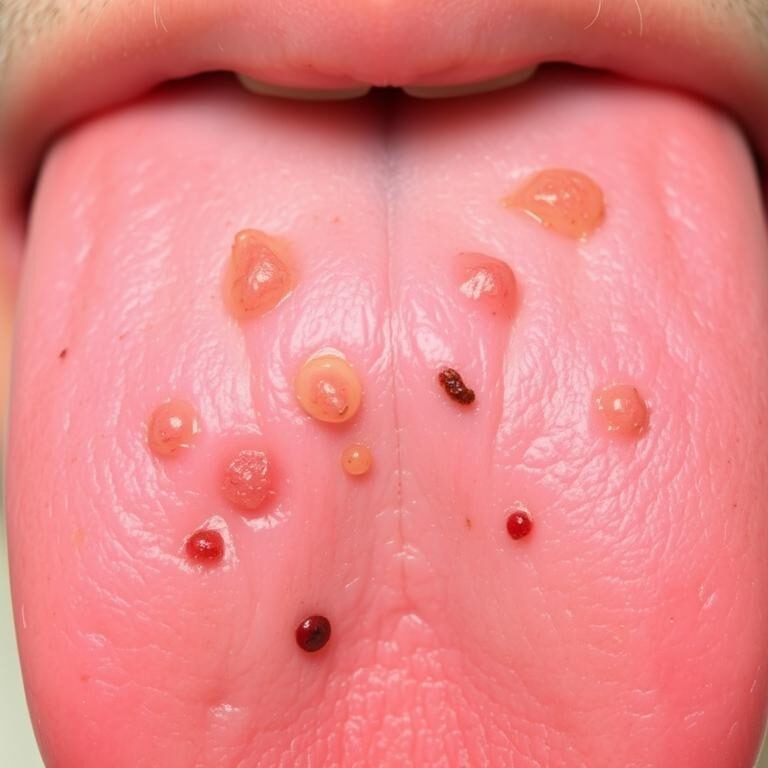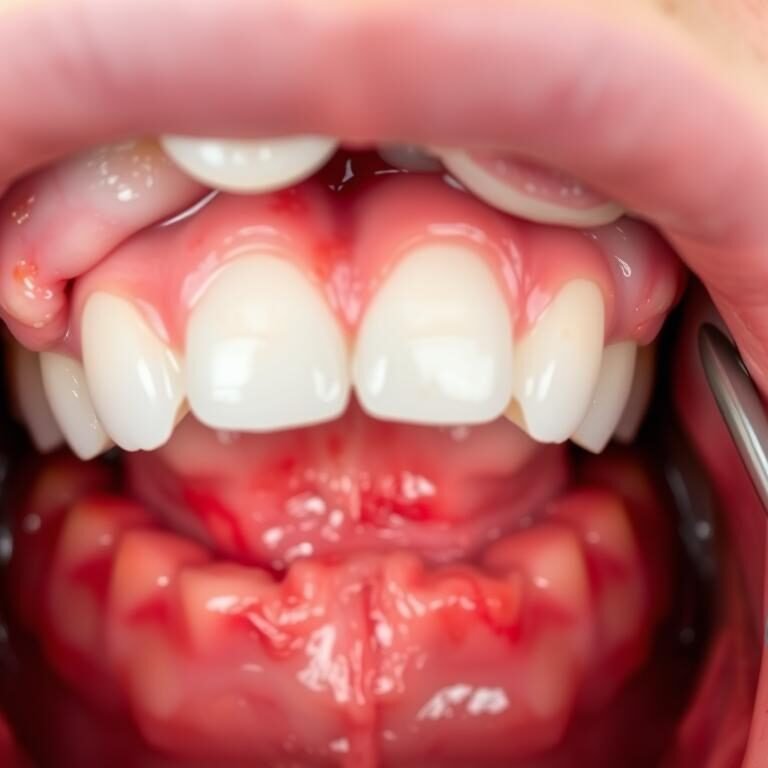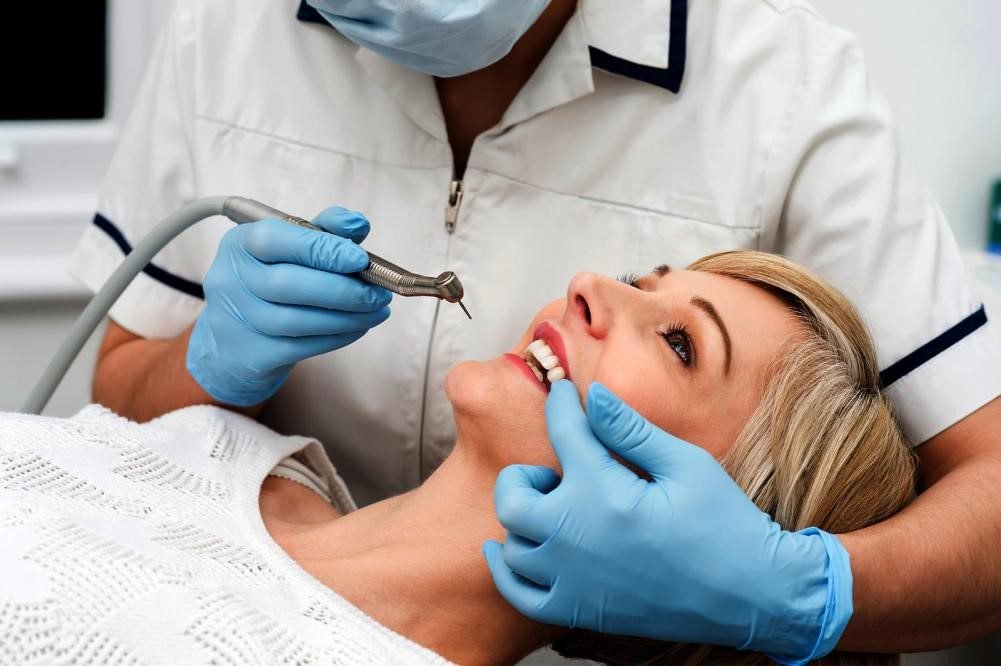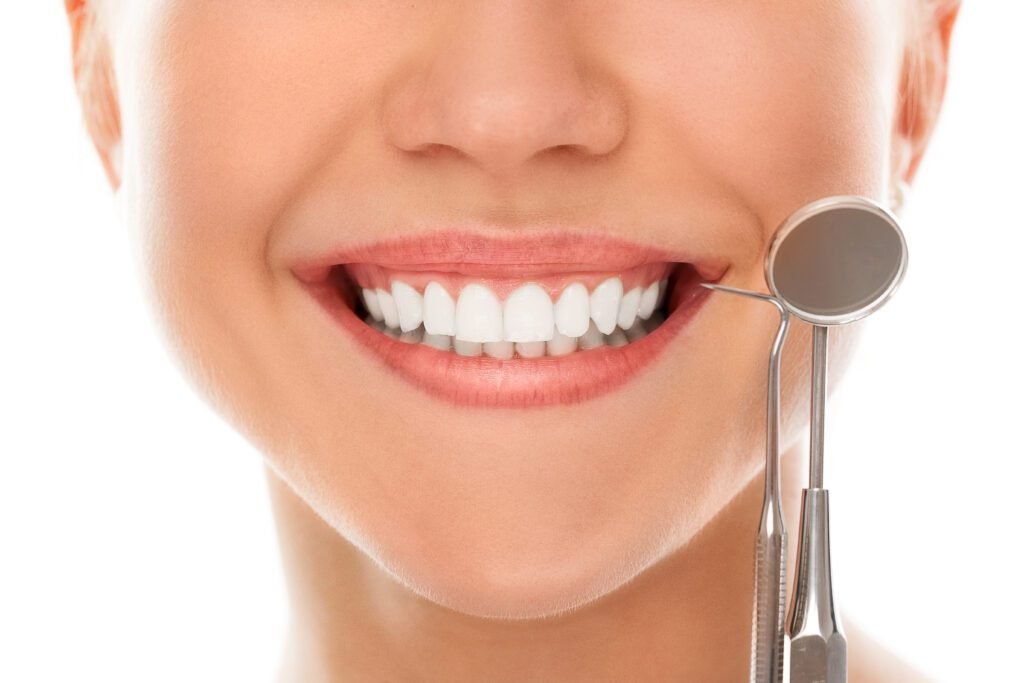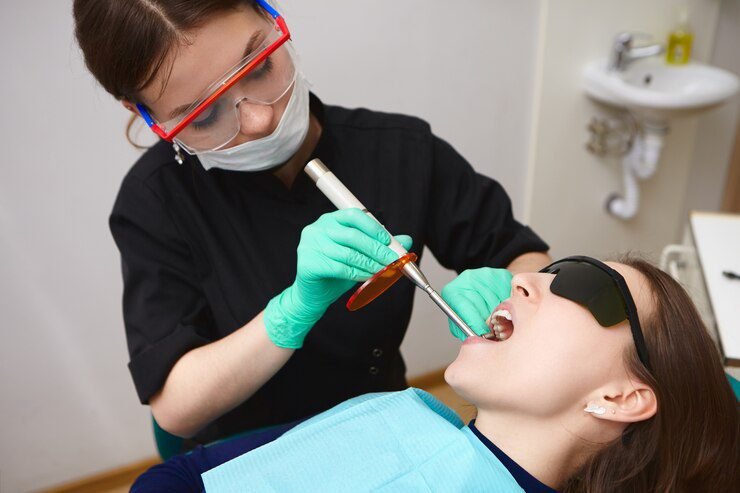Table of Contents
Understanding the Purpose of Night Guards
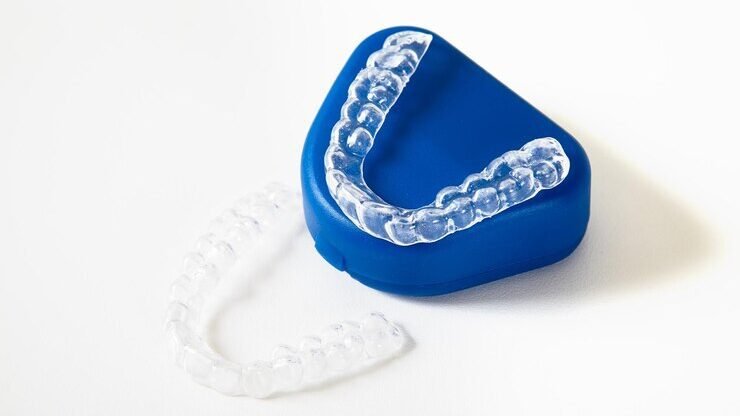
Night guards, also known as occlusal splints, are oral appliances designed to protect your teeth and gums during sleep. They serve as a barrier between your upper and lower teeth, preventing them from coming into contact and causing damage. Night guards are commonly used to address various dental issues, such as teeth grinding and clenching, TMJ disorder, jaw misalignment, and even sleep apnea.
The primary purpose of night guards is to alleviate the harmful effects of bruxism, which is the medical term for teeth grinding and clenching. This condition often occurs unconsciously during sleep and can lead to significant dental problems over time. Night guards help to cushion and distribute the forces exerted on your teeth, reducing the risk of wear, fractures, and sensitivity. By providing a protective barrier, night guards also help to safeguard the soft tissues in your mouth, preventing gum recession and damage to the cheeks and tongue.
It’s important to note that night guards are not a cure for bruxism or other dental conditions. Rather, they are considered a management tool that can help mitigate the negative consequences. Understanding the purpose of night guards is crucial, as they play a vital role in preserving your dental health and improving overall sleep quality. Proper usage, regular cleaning, and maintenance are necessary to ensure the longevity and effectiveness of night guards in safeguarding your teeth and gums.
The Importance of Protecting Your Teeth and Gums
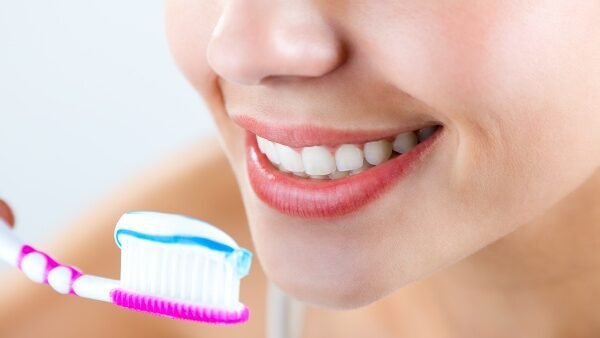
Protecting your teeth and gums is essential for maintaining optimal oral health. Neglecting to take care of your dental hygiene can lead to a multitude of problems, including tooth decay, gum disease, and even tooth loss. Therefore, it is crucial to prioritize the protection of your teeth and gums to prevent these issues from arising.
One of the key reasons why protecting your teeth and gums is so important is because dental problems can have a significant impact on your overall health. Research has shown that poor oral health is linked to various systemic conditions, including cardiovascular disease, diabetes, respiratory infections, and even adverse pregnancy outcomes. By taking the necessary steps to protect your teeth and gums, you can help reduce the risk of developing these serious health conditions.
Furthermore, maintaining good oral hygiene practices can save you from costly dental procedures in the long run. Regular brushing, flossing, and regular dental check-ups can help identify any problems at an early stage, allowing for more effective and less invasive treatment. Preventive measures, such as using night guards to protect against teeth grinding or wearing mouthguards during sports activities, can also help prevent dental damage and minimize the need for extensive dental work.
Overall, understanding the importance of protecting your teeth and gums is crucial for maintaining optimal oral and overall health. By prioritizing good oral hygiene practices and seeking professional dental care, you can safeguard your smile and enjoy a healthier and happier life.
Common Causes of Dental Damage During Sleep

During sleep, our teeth and gums can be susceptible to various forms of damage. One common cause of dental damage during sleep is teeth grinding, also known as bruxism. This involuntary habit can cause excessive wear and tear on the teeth, leading to tooth sensitivity, chipped or cracked teeth, and even jaw pain. Another common cause is clenching of the jaw, which puts tremendous pressure on the teeth and can result in similar issues.
Additionally, poor sleep posture can contribute to dental damage. Sleeping on your stomach or with your face pressed against the pillow can put excessive pressure on the jaw and lead to misalignment of the teeth. This can cause issues with the bite and may even contribute to temporomandibular joint (TMJ) disorders. It’s important to be mindful of our sleep position and make adjustments if necessary to protect our dental health.
How Night Guards Help Prevent Teeth Grinding
Night guards are a valuable tool in preventing teeth grinding, also known as bruxism. This condition is characterized by the clenching or grinding of teeth, often during sleep. Teeth grinding can cause various dental issues, such as tooth wear, cracks, and fractures, as well as jaw pain and headaches. Night guards work by creating a protective barrier between the upper and lower teeth, absorbing the forces generated during grinding and preventing damage to the teeth and surrounding structures.
Night guards are made from durable materials that can withstand the pressure and friction caused by teeth grinding. When properly fitted by a dentist, night guards offer a comfortable and custom-made solution to address bruxism. By wearing a night guard while sleeping, individuals can protect their teeth from the excessive wear and tear caused by grinding, reducing the risk of dental damage and associated symptoms. It is important to note that night guards do not treat the underlying causes of bruxism, but they serve as an effective preventive measure to minimize the damage caused by teeth grinding.
Exploring Different Types of Night Guards
There are various types of night guards available in the market today, each designed to cater to different needs and preferences. One common type is the soft night guard, made from a pliable material that offers a cushioning effect and reduces pressure on the teeth and jaw joints. These are typically recommended for individuals who have mild cases of teeth grinding or clenching.
Another type of night guard is the hard night guard, which is made from a rigid material such as acrylic. These guards are durable and more suitable for individuals with moderate to severe teeth grinding or clenching habits. Hard night guards provide a greater level of protection for the teeth and are designed to withstand the constant grinding forces.
For those who prefer a more customized option, there are also custom-made night guards available. These guards are created to fit the unique contours of an individual’s mouth, offering a more comfortable and secure fit. Custom-made night guards are typically fabricated in a dental laboratory using a mold taken of the patient’s teeth.
In addition to these options, there are also over-the-counter night guards that can be purchased at your local pharmacy or online. These night guards are typically a one-size-fits-all design and may not provide the same level of comfort or protection as custom-made options. However, they can be a more affordable alternative for those who are on a budget or need a temporary solution.
When considering which type of night guard is right for you, it is important to consult with your dentist. They will be able to assess your individual needs and recommend the best option to suit your specific requirements. Regardless of the type of night guard you choose, the primary goal is to protect your teeth from the damaging effects of grinding and clenching, ensuring a healthier smile for years to come.
Certainly! Here is a table that summarizes the different types of night guards:
| Type | Description |
|---|---|
| Hard night guards | Hard night guards are recommended for patients presenting with moderate to heavy teeth-grinding or clenching. They are usually made of acrylic or tough plastic and are not as flexible as soft night guards1 |
| Soft night guards | Soft night guards are recommended for patients presenting with light teeth-grinding or light to moderate clenching. They are usually made from a 3mm thick, flexible, rubber-like material acting as a cushion1 |
| Dual-laminate night guards | Dual-laminate night guards are made of a combination of hard and soft materials. They are recommended for patients with moderate to heavy teeth-grinding or clenching1 |
| Flat plane occlusal guards | Flat plane occlusal guards are recommended for patients with temporomandibular joint disorder (TMJD) or bruxism. They are made of hard acrylic and are designed to keep the teeth from touching1 |
| Astron night guards | Astron night guards are made of a soft, flexible material and are recommended for patients with light teeth-grinding or clenching. They are designed to be comfortable and easy to wear1 |
Custom vs. Over-the-Counter Night Guards: Which is Right for You?
When it comes to choosing a night guard, you have two main options: custom-made or over-the-counter. Both types of night guards are designed to protect your teeth and reduce the effects of teeth grinding or clenching during sleep. However, there are important differences to consider when deciding which option is right for you.
Custom night guards are specifically tailored to your unique dental structure. They are typically made by your dentist, who takes impressions of your teeth to create a custom-fit guard. This personalized design ensures maximum comfort and effectiveness, as the guard will fit securely and snugly over your teeth. Custom night guards also offer better protection against dental damage, as they are specifically designed to meet your individual needs. While custom night guards may be more expensive than their over-the-counter counterparts, their superior fit and durability make them a worthwhile investment for many individuals.
Proper Care and Maintenance of Night Guards
Proper care and maintenance of night guards is crucial to ensure their effectiveness and longevity. By following a few simple steps, you can keep your night guard clean and in optimal condition for continued use.
Firstly, it is important to clean your night guard regularly. After each use, rinse it thoroughly with cool or lukewarm water to remove any saliva or debris. Avoid using hot water, as it can warp the material. Use a soft toothbrush and mild, non-abrasive toothpaste to gently brush the night guard, being careful not to damage or scratch it. Also, avoid using any harsh chemicals or cleaners that could degrade the material. Remember to rinse it again before storing it in its designated case.
Secondly, proper storage is essential to protect your night guard from damage. Always store it in its case when not in use to prevent it from getting lost or accidentally stepped on. Additionally, keep it in a cool, dry place away from direct sunlight or extreme temperatures, as these can cause warping or discoloration. Regularly inspect your night guard for any signs of wear and tear, such as cracks, chips, or loose fittings. If you notice any damage, it is important to contact your dentist for a replacement.
By following these care and maintenance guidelines, you can ensure that your night guard remains a reliable and effective tool in protecting your teeth and jaw. Remember, a well-maintained night guard can help alleviate the symptoms of teeth grinding, jaw clenching, and related issues, promoting a better night’s sleep and overall oral health.
How Night Guards Aid in Jaw Alignment and TMJ Relief
Night guards are an effective tool for aiding jaw alignment and providing relief for temporomandibular joint (TMJ) disorders. TMJ disorders are a common dental issue that can cause pain and discomfort in the jaw joint and surrounding muscles. They can also lead to headaches, earaches, and difficulty in opening and closing the mouth. Night guards help in the alignment of the jaw by providing a cushioning effect, reducing pressure on the jaw joint, and allowing the muscles to relax.
By wearing a night guard, patients with TMJ disorders can experience relief from symptoms such as facial pain, jaw clicking, and muscle tension. The night guard acts as a barrier between the upper and lower teeth, preventing grinding and clenching, which are common causes of TMJ disorders. This helps to alleviate stress on the jaw joint and allows for proper alignment while sleeping. Additionally, night guards promote muscle relaxation, reducing tension and relieving strain on the jaw muscles. Overall, night guards play a crucial role in aiding jaw alignment and providing much-needed relief for patients suffering from TMJ disorders.
Effectiveness of Night Guards in Reducing Dental Sensitivity
Night guards are commonly recommended by dentists as an effective way to reduce dental sensitivity. Many people experience sensitivity in their teeth, which can be caused by various factors such as enamel erosion, receding gums, or tooth decay. Night guards provide a protective barrier between the teeth, preventing direct contact with external stimuli that can trigger sensitivity.
A study published in the Journal of Oral Rehabilitation found that the use of night guards significantly reduced tooth sensitivity in individuals with enamel erosion. The researchers concluded that the night guard acted as a cushion, absorbing forces that would otherwise be applied directly to the teeth. This cushioning effect helps to alleviate the discomfort associated with sensitive teeth. Additionally, night guards can also help to prevent further enamel erosion by reducing the impact of grinding or clenching during sleep.
Addressing Sleep Apnea with Night Guards
Sleep apnea is a common sleep disorder that affects millions of people worldwide. It is characterized by pauses in breathing during sleep, resulting in fragmented sleep patterns and a range of health complications. While there are various treatment options available for sleep apnea, night guards have emerged as a beneficial tool in managing this condition.
Night guards, typically designed for the treatment of teeth grinding or clenching, can also be effective in addressing sleep apnea. These oral appliances work by repositioning the jaw and tongue to open up the airway, allowing for smoother breathing during sleep. By supporting the optimal position of the jaw and preventing the collapse of soft tissues, night guards can significantly reduce the occurrence of apneas and hypopneas, the characteristic events of sleep apnea.
Night Guards for Teeth Straightening and Orthodontic Treatment
Wearing braces or undergoing orthodontic treatment can help bring your teeth into proper alignment, creating a straight and beautiful smile. However, these treatments can also leave your teeth vulnerable to damage and shifting during the night, as they are not immune to the forces caused by teeth grinding or clenching. This is where night guards come into play.
Night guards for teeth straightening and orthodontic treatment are custom-made oral appliances that fit over your teeth to provide a protective barrier during sleep. They not only guard against teeth grinding and clenching but also prevent your teeth from shifting and undoing the progress made by your orthodontic treatment. These night guards are carefully designed to accommodate the brackets and wires of your braces, ensuring a comfortable fit and maximum protection.
By utilizing a night guard, you can rest assured that your teeth are safeguarded from the excessive forces and pressure that can occur while you sleep. This not only minimizes the risk of damage to your braces but also helps maintain the alignment of your teeth, allowing your orthodontic treatment to progress smoothly. So, if you are currently undergoing teeth straightening or orthodontic treatment, consulting with your dentist about the use of a night guard is highly recommended.
The Role of Night Guards in Sports Dentistry
Night guards are commonly used in sports dentistry to protect athletes’ teeth and gums from injuries and trauma during physical activities. Sports such as football, hockey, boxing, and martial arts involve high risks of dental damage due to impacts or blows to the face. In fact, studies have shown that dental injuries are one of the most common types of sports-related facial injuries.
Night guards are custom-made oral appliances designed to fit snugly over the teeth, providing a protective barrier against blows and reducing the risk of tooth fractures, dislocations, and soft tissue injuries. They are typically made of durable materials that can withstand the forces exerted during sports activities. By wearing a night guard, athletes can significantly reduce the chance of dental injuries and enjoy their sports with peace of mind. It is important to consult with a dentist experienced in sports dentistry to ensure the proper fitting and effectiveness of the night guard for each individual athlete.
Examining the Long-Term Benefits of Night Guard Usage
Night guards are dental appliances that are worn during sleep to help protect the teeth, gums, and jaw from the harmful effects of teeth grinding and clenching. While their primary purpose is to prevent dental damage, night guards also offer several long-term benefits for individuals who suffer from bruxism or related conditions.
One of the key long-term benefits of using night guards is the prevention of tooth wear. habitual grinding or clenching can cause significant damage to the teeth over time, including enamel erosion, cracks, and fractures. By providing a protective barrier between the upper and lower teeth, night guards reduce the impact and eliminate the possibility of tooth-to-tooth contact during grinding, thereby minimizing the risk of further dental damage. In the long run, this can help preserve the natural structure of the teeth, maintain their functionality, and extend their lifespan.
Furthermore, night guards can also alleviate the symptoms associated with temporomandibular joint (TMJ) disorders. The excessive pressure exerted on the jaw during grinding or clenching can lead to jaw pain, headaches, and difficulty in opening and closing the mouth. By promoting proper jaw alignment and reducing the strain on the TMJ, night guards can provide relief from these discomforting symptoms. Additionally, they can aid in reducing muscle tension in the face and neck, which often accompanies bruxism.
How long should I wear a night guard for?
It is recommended to wear a night guard every night during sleep to ensure maximum protection and benefits.
Can children use night guards?
Night guards are typically designed for adult use, but children may benefit from them if they grind their teeth or have other dental issues. It is best to consult with a dentist to determine if a night guard is suitable for a child.
Are custom night guards worth the extra cost?
Custom night guards, made specifically for your mouth, provide a better fit and offer superior protection compared to over-the-counter options. They are often more comfortable and durable, making them a worthwhile investment for long-term use.
How often should I clean my night guard?
It is recommended to clean your night guard after each use. Rinse it thoroughly with water and brush it gently with a toothbrush and toothpaste. Regular cleaning helps maintain its effectiveness and prevents bacterial growth.
Can night guards help with jaw misalignment?
Yes, night guards can aid in jaw alignment by providing a stable bite position during sleep. They can help relieve symptoms of temporomandibular joint (TMJ) disorder and promote proper jaw alignment over time.
Will wearing a night guard reduce tooth sensitivity?
Yes, night guards can be effective in reducing dental sensitivity. They provide a protective barrier between the teeth, preventing further damage and reducing sensitivity caused by grinding or clenching.
Can night guards be used as a treatment for sleep apnea?
Night guards alone are not a primary treatment for sleep apnea. However, in mild cases, they can help open the airway and improve breathing during sleep. It is important to consult with a sleep specialist for a proper diagnosis and treatment plan.
Can night guards help with teeth straightening?
Night guards are not specifically designed for teeth straightening. However, they can be used in conjunction with orthodontic treatment to protect the teeth and gums from grinding or clenching forces, ensuring the success of the orthodontic therapy.
Are night guards recommended for athletes in contact sports?
Yes, night guards are highly recommended for athletes in contact sports. They provide essential protection against dental injuries, such as broken teeth or jaw fractures, and help minimize the impact of blows to the face.
What are the long-term benefits of using a night guard?
Using a night guard long-term can prevent dental damage, alleviate jaw pain and headaches, reduce tooth sensitivity, protect against sleep-related breathing disorders, and contribute to overall oral health and well-being.






